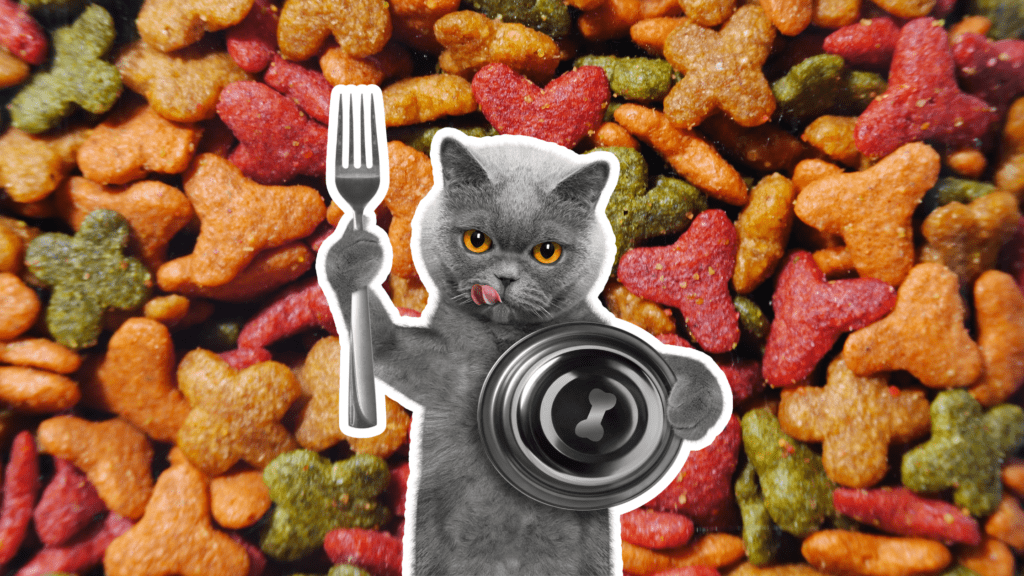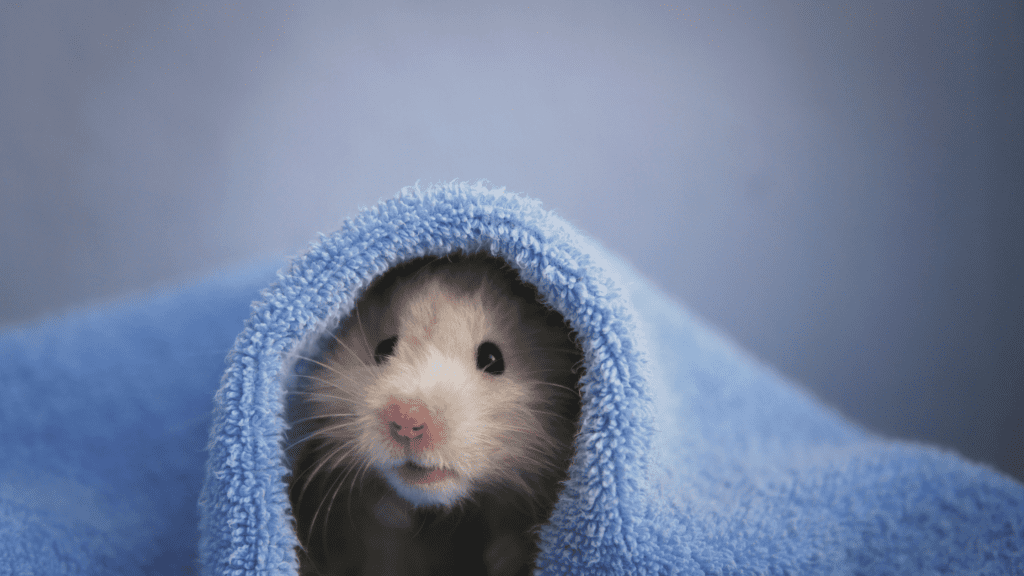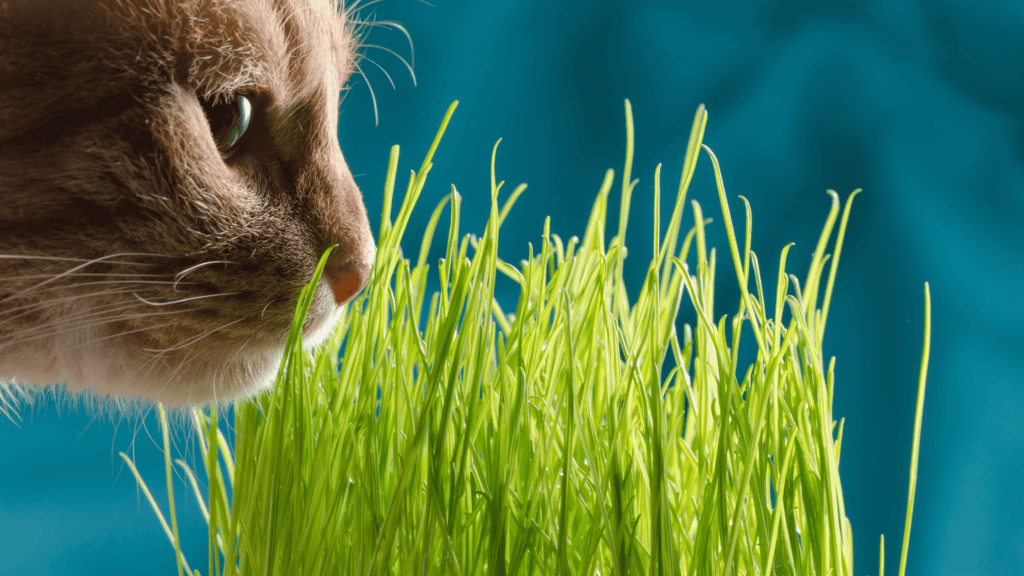Cats are beloved pets that bring joy and companionship to millions of households. As a cat owner, it’s important to understand the dietary needs of your furry friend and provide them with nutritious and healthy food options.
Feeding your cat the right food can help them maintain a healthy weight, prevent illnesses, and improve their overall well-being. In this article, we will discuss the top 15 food options for your cat.
It’s important to note that cats are strictly carnivores, meaning that they require a diet that is high in protein and low in carbohydrates. However, a well-rounded diet should also include a variety of other nutrients such as vitamins, minerals, and antioxidants. Overall, the key to keeping your cat healthy is to choose high-quality, balanced and nutritious food options that will meet their specific dietary needs.
Nutrients Your Cat Needs
Cats are strict carnivores, needing a diet that’s rich in protein and low in carbohydrates to survive. Their diet should include essential amino acids such as taurine, arginine, and methionine, which support heart and eye health, as well as muscle development and maintenance. They also need vitamin A for vision and skin health, vitamin E for immune system function and healthy skin, and vitamin D for bone health.
Minerals like calcium and phosphorus are important for strong bones and teeth, and fatty acids like omega-3 and omega-6 are important for maintaining a healthy coat and skin. Additionally, cats require small amounts of other nutrients such as B vitamins, potassium, magnesium, and zinc. It’s important to choose a balanced and nutritious food option that will meet your cat’s specific dietary needs.
What to feed pet cats? The Top 15 Food your cat can eat
Wet Food
Canned or pouches of wet food are a great option for cats because they contain a higher amount of moisture, which is important for cats to maintain proper hydration. Wet food also has a strong smell and taste that cats find appealing.
Dry Food
Dry food is a convenient option for busy cat owners because it has a longer shelf life and doesn’t require refrigeration. However, it’s important to choose a high-quality dry food that is made with real meat and doesn’t contain fillers or by-products.
Raw Food
Feeding your cat a raw food diet can provide them with a balanced and nutritious diet that mimics what they would eat in the wild. This option can be beneficial for cats with certain health conditions or dietary sensitivities.
Homemade Food
Preparing your cat’s food at home allows you to control the ingredients and ensure that they are getting a balanced and nutritious diet. However, it’s important to consult with a veterinarian or a pet nutritionist to ensure that the diet is complete and balanced.
Fish
Fish is an excellent source of protein and essential fatty acids for cats. However, it’s important to choose fish that is low in mercury, such as wild-caught salmon or white fish.
Chicken
Chicken is a great source of protein for cats, and it’s also easy for them to digest.
Turkey
Turkey can also be a nutritious source of protein for cats, and suitable for cats with food sensitivities.
Beef
Beef is a nutritious protein source for cats and can help them to put on weight if needed.
Lamb
Lamb is also an excellent protein source for cats, making it ideal for cats with dietary sensitivities.
Eggs
Eggs are a great source of protein and essential fatty acids for cats. They can be fed cooked or raw.
Organ Meats
Organ meats such as liver and kidney are excellent sources of nutrients for cats. They are rich in vitamins, minerals, and amino acids.
Vegetables
Cats can benefit from eating small amounts of vegetables such as carrots, green beans, and peas.
Wheatgrass
Wheatgrass is a great source of vitamins, minerals, and antioxidants for cats. It can be fed fresh or dried.
Celestial Food
Celestial food is a type of dried food that is made with a combination of meat and fruits and vegetables. It can be a great option for cats that have trouble eating certain foods.
Water
Water is essential for cats to maintain proper hydration. It’s important to make sure your cat has access to clean, fresh water at all times.
It’s important to note that not all cats have the same nutritional needs and preferences. Consult with your veterinarian to determine the best diet for your cat. Also, it’s important to transition cats slowly to new foods to avoid stomach upset.
What Cats Cannot Eat?
There are certain foods that cats should not eat as they can be harmful and even toxic to them. Some common foods that cats should avoid include:
- Chocolate: Chocolate contains theobromine, which is toxic to cats and can cause vomiting, diarrhea, and even heart problems.
- Alcohol: Alcohol can be extremely toxic to cats and can cause vomiting, diarrhea, difficulty breathing, and even death.
- Grapes and raisins: Grapes and raisins can cause kidney failure in cats, even in small amounts.
- Onions and garlic: Onions and garlic contain compounds that can damage cats’ red blood cells and cause anemia.
- Dairy products: Many cats are lactose intolerant, which means they cannot properly digest the lactose in milk and other dairy products. This can cause stomach upset, diarrhea, and gas.
- Fatty foods: Foods high in fat can cause pancreatitis, a serious condition that affects the pancreas and can be life-threatening.
- Cooked bones: Cooked bones can splinter and cause serious damage to a cat’s digestive system.
- Caffeine: Caffeine can be toxic to cats and can cause restlessness, rapid breathing, muscle tremors, and heart palpitations.
- Human medications: Many human medications, such as ibuprofen, acetaminophen, and antidepressants, can be dangerous or even deadly to cats.
- Artificial sweeteners: Artificial sweeteners such as xylitol can be toxic to cats and cause a rapid insulin release, leading to liver failure.
It’s important to keep these foods and substances away from your cat and to seek immediate veterinary care if you suspect your cat has ingested something toxic.
How many meals should my cat eat each day?
The number of meals a cat should eat each day can vary depending on their individual needs and preferences. Generally, it is recommended that adult cats be fed two to three small meals per day, rather than one large meal. This can help to prevent overeating and maintain a healthy weight. Kittens and senior cats may require more frequent feedings, such as four to six smaller meals per day, as they have different nutritional needs. Consult with your veterinarian to determine the best feeding schedule for your cat.
It’s also important to note that some cats do well with free-feeding, which means leaving food out for them to eat throughout the day. This can be a good option for cats that are prone to weight gain or have a tendency to overeat. However, this method may not work for all cats and it’s important to monitor their weight and food intake.
Remember that cats are obligate carnivores and their diet should consist of high protein, low carbohydrate and wet food (canned or pouches) that mimic the diet they would have in the wild. It’s important to monitor their weight and adjust the food amount accordingly.
Conclusion
In conclusion, feeding your cat the right food is essential for their overall health and well-being. As a strict carnivore, cats need a diet that’s high in protein and low in carbohydrates to stay healthy. We hope this detailed guide on the top 15 foods your cat can eat can help you choose what’s the best food for your pet cat to keep them healthy.
Remember, not all cats have the same nutritional needs and preferences, so it’s important to consult with your veterinarian to determine the best diet for your cat. Additionally, it’s important to be aware of the foods that are toxic to cats and keep them out of reach. Feeding your cat a balanced and nutritious diet, along with providing fresh water, is the key to keeping your furry friend happy and healthy.
Frequently Asked Questions
What human food can I feed my cat?
Cats can eat small amounts of cooked meat, fish, eggs, and vegetables, but avoid dairy, chocolate, grapes, onions, garlic, and fatty foods.
Can cats have yogurt?
Cats can have yogurt, but it should be given in small amounts and plain, unsweetened yogurt as many cats are lactose intolerant.
How to make eating time more fun for my cat?
Make eating time more fun for your cat by using interactive feeders, hiding food around the house for them to find, and feeding them at different locations around the house.
What is a cat’s favorite food?
Cats have a natural preference for meat and fish, their diet should consist of high protein, low carbohydrate and wet food (canned or pouches) that mimic their natural diet.
What to look for in cat food when buying?
When buying cat food, look for high protein, low carbohydrate, and wet food (canned or pouches) that mimic their natural diet, avoid artificial ingredients, by-products, fillers, and preservatives.





